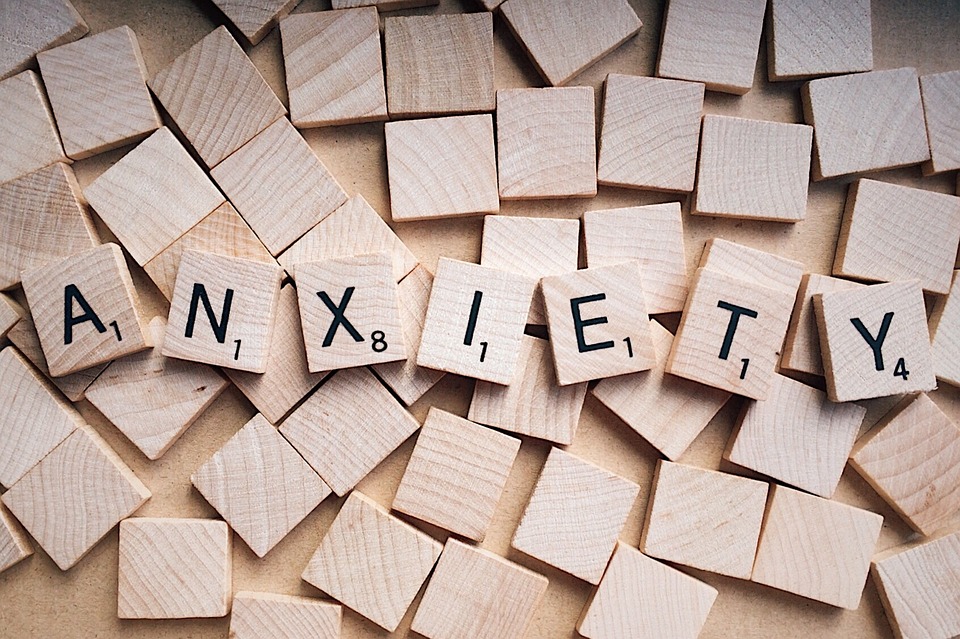By Rose O. Sherman, EdD, RN, FAAN
 The New York Times published an important article this week titled Why Are More American Teenagers Than Ever Suffering from Severe Anxiety. The stories presented were heartbreaking but the statistic that 62% of undergraduate students now report “overwhelming anxiety” is very concerning but confirms what I see on our campus and in our younger workforce. The American Psychological Association reports that 12 percent of millennials have a diagnosed anxiety disorder—almost twice the percentage of Boomers. Why this happening now is a complex issue. Causes are thought to include a very volatile global environment, competitive academic settings, social media that portrays perfect versus realistic lives, poor self-care habits, student loan concerns, an abundance of life choices, a relentless comparison to others and an addiction to ambition.
The New York Times published an important article this week titled Why Are More American Teenagers Than Ever Suffering from Severe Anxiety. The stories presented were heartbreaking but the statistic that 62% of undergraduate students now report “overwhelming anxiety” is very concerning but confirms what I see on our campus and in our younger workforce. The American Psychological Association reports that 12 percent of millennials have a diagnosed anxiety disorder—almost twice the percentage of Boomers. Why this happening now is a complex issue. Causes are thought to include a very volatile global environment, competitive academic settings, social media that portrays perfect versus realistic lives, poor self-care habits, student loan concerns, an abundance of life choices, a relentless comparison to others and an addiction to ambition.
I have found in my own research with our millennial nurses that while a fear of failure is a significant concern, there is also a need to stay competitive with others. Anxiety may be a big driver in the relentless “need to get ahead” that we are hearing from new graduates who have barely begun their nursing careers. Anxiety is easily fueled by spending too much time with others who are equally anxious and career driven. In the long term, chronic anxiety is not sustainable and can lead to heart disease, migraines, chronic respiratory disorders and gastrointestinal conditions.
Strategies to Help Our Staff with their Anxiety
It is likely that given the widespread nature of the issue with anxiety, this will and is permeating every healthcare workplace. Nurse leaders can help their staff with their feelings of anxiety. Strategies from the experts include the following:
- Make resiliency a core competency – nurse leaders can acknowledge the high stress levels and promote resiliency as a desired competency for new graduates. There are many evidence-based resiliency strategies that can be easily incorporated into the work environment including strategies like one minute mediation, gratitude huddles and a focus on self-care.
- Provide hope – we know from Gallup research that hope is a fundamental need that followers need from their leaders. In my experience, our millennial nurses need higher doses with reassurance to know that they are okay.
- Help construct a reasonable career path – although younger staff have a relentless need to get ahead, they need help in developing plans to do it incrementally instead of in such large steps that provoke further anxiety.
- Provide social support – having a close friend or mentor (who are not themselves stressed) to talk with about problems is very important. Some staff may need employee assistance for help.
- Consider benefits that could help reduce anxiety – finances is a major stressor for many millennials who carry high student loan debt. Student loan repayment plans or assistance with learning how to manage your personal finances can be invaluable in empowering millennials and reducing their anxiety.
Some leaders may read this post and feel that this is really not their problem. But we know that staff can’t and don’t park all their problems at the door when they come to work. The evidence is now clear that anxiety is a key issue for our younger workforce and they depend on us to help them manage it.
Read to Lead
Denizet-Lewis, B. (October 11th, 2017). Why are more American teenager than ever suffering from severe anxiety? The New York Times
© emergingrnleader.com 2017


 LinkedIn
LinkedIn Instagram
Instagram